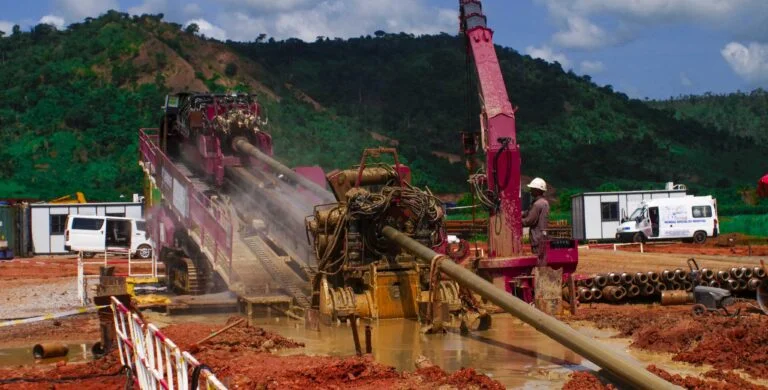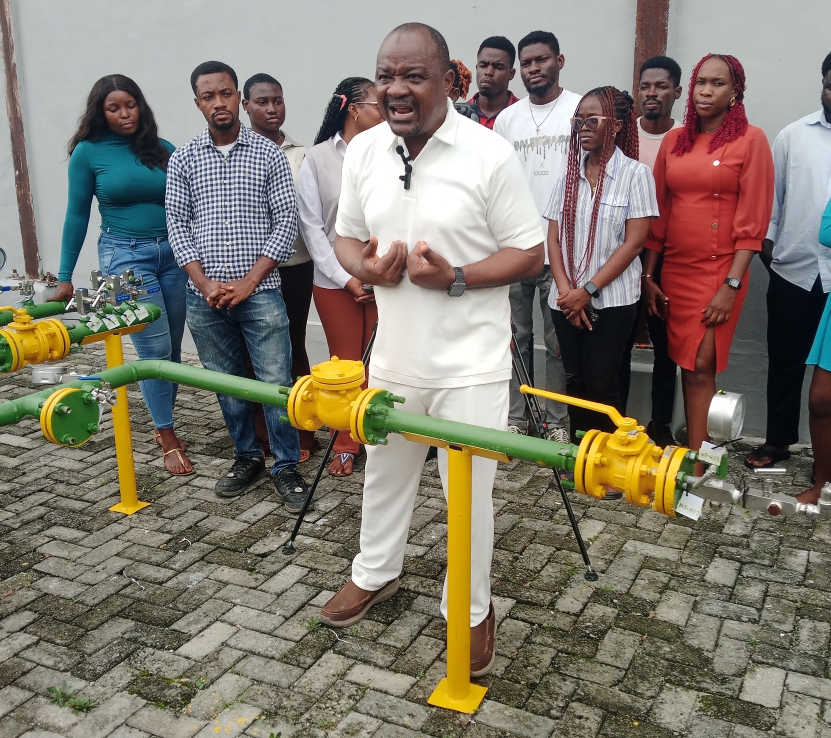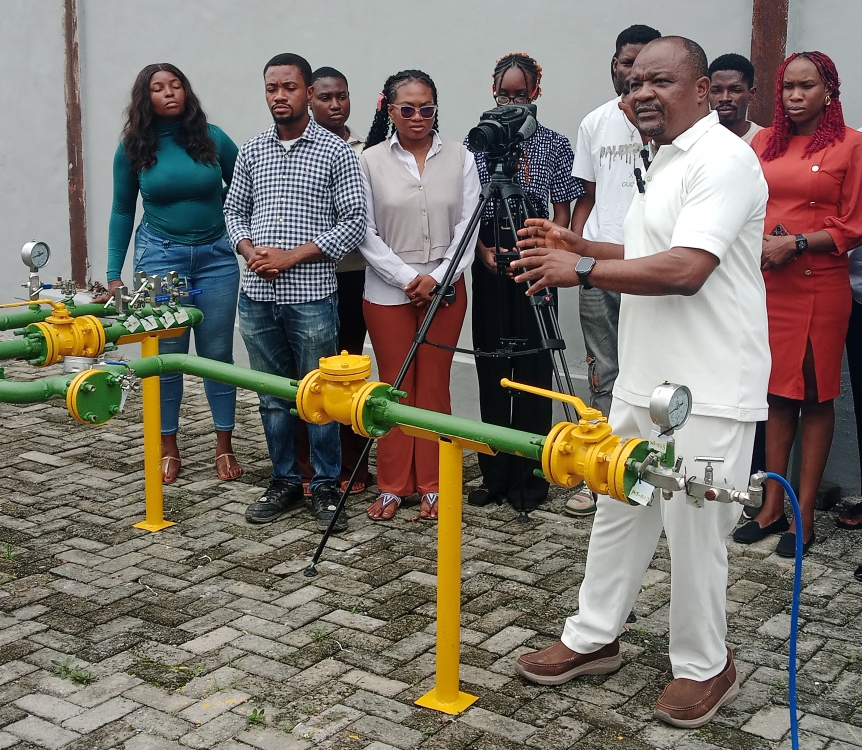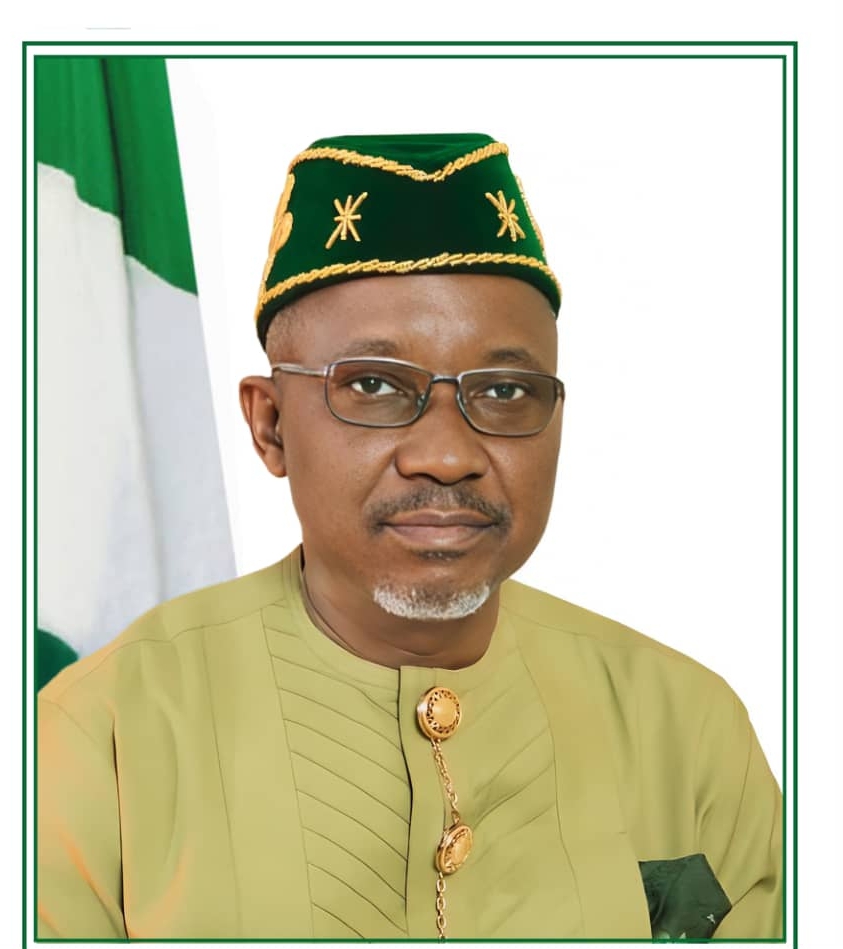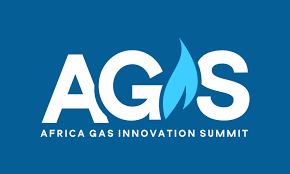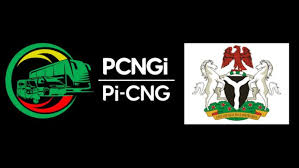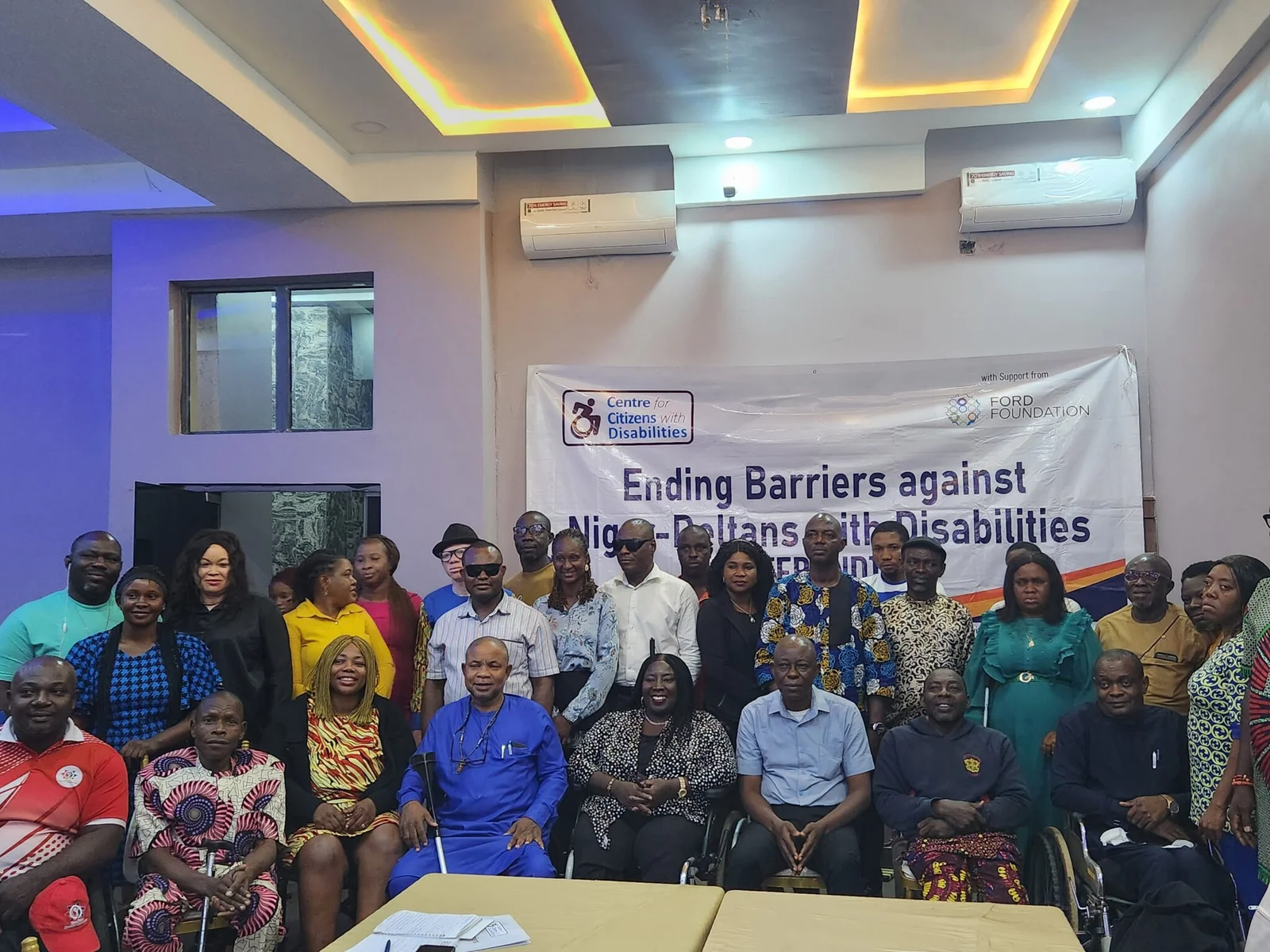205 total views today
By Yunus Yusuf
Mr Fatai Quadri, Group Managing Director of Alfa Designs Nigeria Ltd.(ADNL), says Nigeria possesses the inherent capacity to effectively manage fugitive emissions within its borders.
He said this during the innauguration ceremony and media facility tour of the company in Lagos on Monday.
Quadri emphasised the critical need to cultivate local expertise and infrastructure to address the challenges posed by Greenhouse Gas (GHG) and fugitive emissions, particularly those escaping from industrial equipment and facilities.
Quadri said that fugitive emissions, which are often unintentional leaks of gases such as methane and carbon dioxide, represent a significant yet addressable environmental concern in Nigeria’s oil, gas, and industrial sectors.
He stressed that, with proper investment in technology, training, and regulation, Nigeria could become a leader in emission monitoring and mitigation across West Africa.
“There is no need to rely solely on foreign interventions.
“We have the technical talent and innovation potential to manage these emissions right here in Nigeria,” he said.
Highlighting the company’s role in advancing sustainable environmental practices, Quadri called for stronger collaboration between government, the private sector, and academia to develop a robust local capacity for fugitive emission detection and management.
He also urged policymakers to create enabling laws and incentives that support indigenous solutions.
“What we need now is commitment, both from government and industry players, to prioritise environmental integrity through locally driven solutions,” he added.
He said that the Nigerian Upstream Petroleum Regulatory Commission (NUPRC) guidelines on GHG emissions are aimed at reducing environmental and social impact, caused by the emissions of components of natural gas including methane and other compounds.
The expert explained that embracing cleaner technology would help to mitigate carbon output, especially carbon soot being emitted by a fuel engine, contributing majorly to environmental pollution and health hazards.
”As it is now, we are supposed to be winding down on all diesel-powered engines in the country, based on the GHG emissions statement.
”Nigerian government had already pledged that by 2030 we are going to cut down our methane emissions, stop flaring completely and also do away with carbon soot formation, a bye-product from diesel-fired engines.
”We have to do away with all these things because they normally absorb infrared radiation that comes from the outer space.
“Once they absorb it, they keep the earth warmer than what is anticipated and that’s the effect on the climate change,’’ he said.
Quadri explained that in view of high cost of diesel and the abundance of an alternative energy (gas) in the country, there was need to be economically wise and encourage usage of CNG.
”However, staring us in our face is a solution of an alternative that all of us are supposed to come out and really agitate to see how this can be implemented as soon as possible to reduce impact, ” he said.
He added that in the bid to promote cleaner and affordable energy in the country, the Alfa Designs Nigeria Ltd., a leading oil and gas company, would soon begin conversion of diesel-powered engines to CNG in the country.
He said that Nigeria signed on to the Paris Agreement on Climate Change in Sept. 2016; and, consequently, began the implementation of several initiatives aimed at reducing emissions from all sectors of the economy.
“As part of Nigeria’s commitment on the Nationally Determined Contributions (NDCs) to the Paris Agreement, in 2021, it committed to reducing GHG emissions by 47 per cent in 2030, conditional on international support.
The pledge followed the signing into law of the country’s first climate bill after the UN Climate Change Conference of Parties (COP26) in Glasgow in 2021, having set an ambitious global net zero targets by 2060.
To achieve Nigeria’s emission reduction targets of the NDCs, the key abatement measures are: elimination of routine gas flaring (100 per cent gas flaring eliminated by 2030) and fugitive emissions/leakages control (60 per cent Methane Reduction by 2030).
These measures were established under the NUPRC operators’ guidelines on the actions and mechanisms for the management of fugitive methane/GHG emissions from the upstream oil and gas operations.
He said that the company had invested between 17 million dollars to 18 million dollars in infrastructures and equipments to enhance Green- House emission control.
Ouardri said that the company had selected 13 Nigerians from six geopolitical zones to undergo a “train-the-trainers” course on greenhouse gas (GHG)/fugitive emission detection and quantification, using the EyeCGas 2.0 Optical Gas Imaging Camera.
Also, Mr Mubarak Abdul, Chief Operating Officer of ADNL, advised the Federal Government to actively encourage indigenous companies to enhance local capacity in environmental management.
Abdul urged both the government and oil and gas companies to engage the services of in-country companies like Alfa Designs Ltd. to address the nation’s emission challenges.
He also highlighted ADNL’s partnership with OPTGAL Optronics Manufacturer in Israel to detect and address gas leakages in facilities, noting their extensive work with major companies in Nigeria.
Accordinging to him, they icluding Chevron, NNPCL, ND Western, and Seplat.
Miss Louisa Kpohearor, one of the trainers, commended Alfa Designs training and certification programmes, which aim to further retrain more Nigerians.
She confirmed that they were now verified in Optical Gas Imaging and are capable of conducting investigations and surveys in any oil and gas facility.
Miss Oghobi Sandra, another OGI trainer, emphasised that the training provided by Alfa Designs clearly demonstrates their status as the only authorised and certified trainers for detecting gas leakages in facilities.
ADNL is an indigenous Engineering, Procurement, Installation, Commissioning & Asset Integrity Management (EPICA) Company, incorporated on July 20, 2006.
The company is dedicated to continuously identifying and exceeding client needs in technical expertise through total service delivery.
lt also focuses on clear communication, superior performance, talent, teamwork, professional integrity, and cost-effective solutions for its private, government, and energy engineering clients.(NAN)(www.nannews.ng)
Edited by Olawunmi Ashafa






